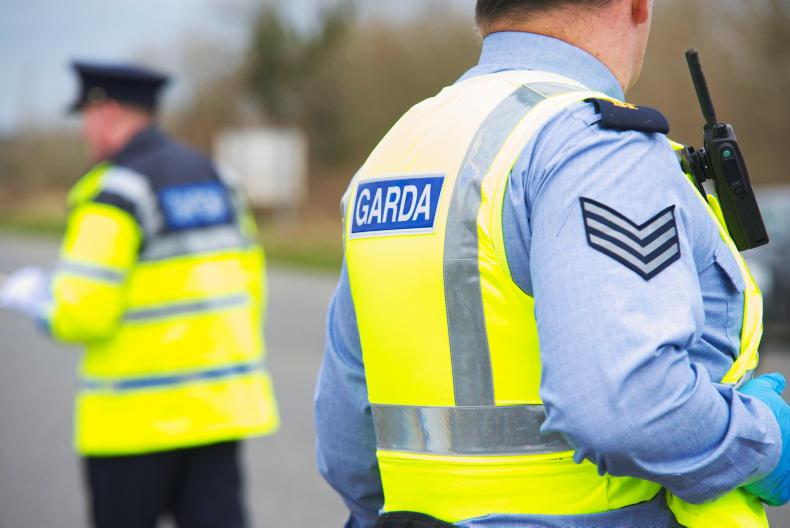Farmers have been the victims of “thousands” of trailer thefts, with criminals spinning a lucrative trade in stealing, stripping plates and selling high-end trailers.
Ifor Williams is understood to have a database of missing trailers stretching through the decades, with thousands of trailers logged as stolen.
Trailer theft is notoriously hard to trace, with criminals targeting rural farms and driving trailers across the border into a different jurisdiction or going to ground and resurfacing a year later, after switching trailer plates.
New trailers can cost upwards of €4,000, while a tri-axle trailer can cost upwards of €8,000. It’s an expensive but vital part of equipment on almost all farms and losing one can be a major dent on farm finances and emotions.
Despite efforts by both An Garda Síochána and the Police Service of Northern Ireland (PSNI), the job has been made more difficult by farmers not reporting crimes.
“If you don’t report it you can’t really expect An Garda Síochána to be able to help you and non-reporting ultimately affects everyone,” crime prevention officer for Laois-Offaly Garda Graham Kavanagh said.
Another industry source warned that thieves are not beyond cutting trackers off trailers and “know exactly where to look” for such devices.
Farmers have also been warned about buying secondhand trailers when a deal seems “too good to be true”.
Repossession
The same industry source told the Irish Farmers Journal that farmers risk having trailers repossessed if they are found to have been stolen.
In the case of Ifor Williams trailers, each is sold with a unique serial code, and if a trailer is reported stolen to the company, the theft is logged on its system.
In some instances, a stolen trailer may have changed hands three times into the ownership of a completely innocent farmer.
Irish Farmers Journal has been told of instances where farmers went to trade in trailers, only to be told that the serial number shows the trailer was originally stolen.
In such a situation, the gardaí will be called and even if the crime happened a decade earlier, the trailer will be returned to its original owner and the farmer who came for their trade-in will be left empty-handed.
Under legislation, the trailer is always the property of the person who bought it legitimately.






 This is a subscriber-only article
This is a subscriber-only article










SHARING OPTIONS: